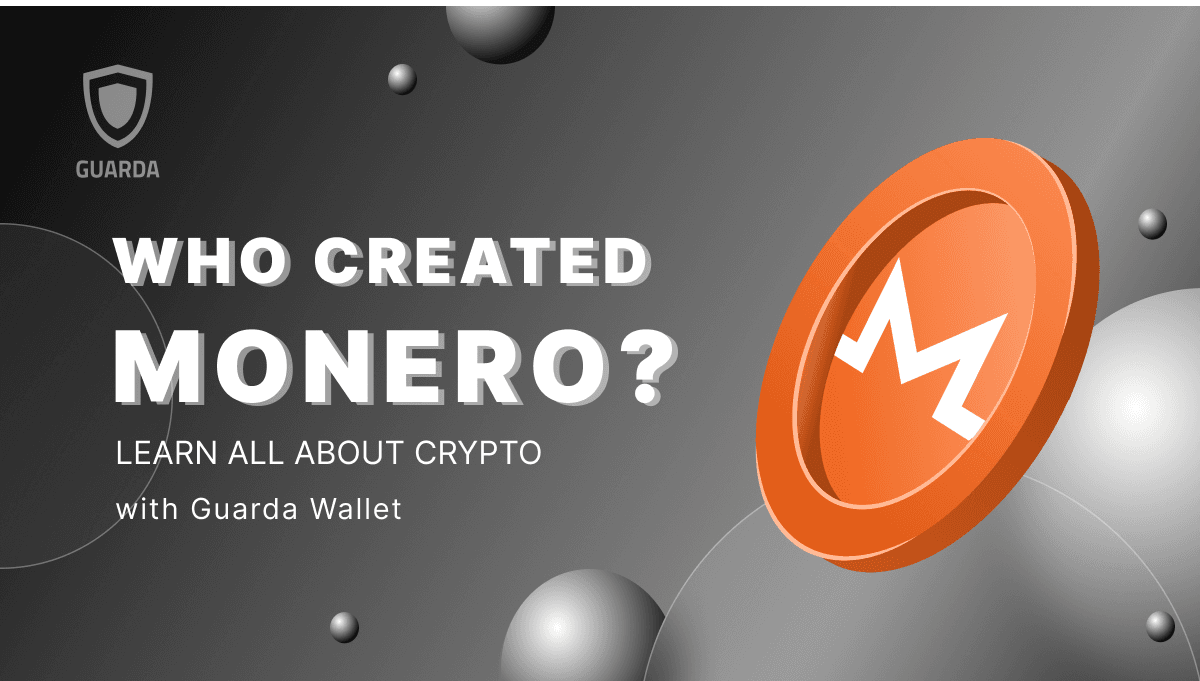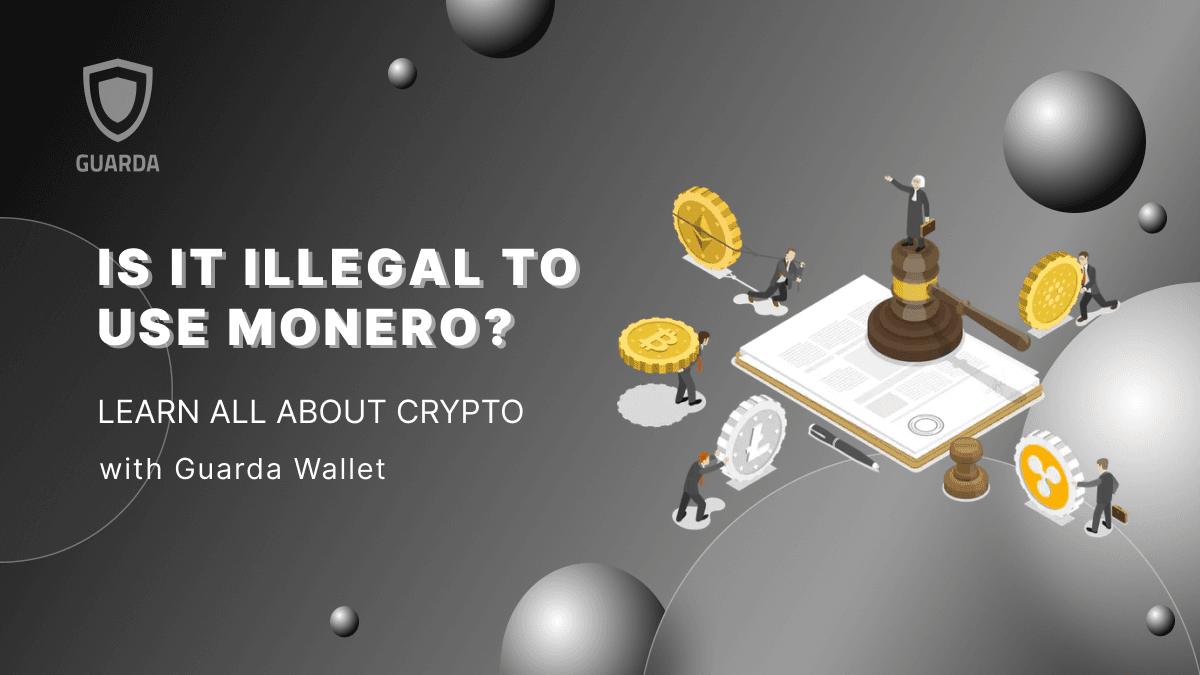Introduction
PayPal, a global leader in online payments, has recently launched PayPal USD (PYUSD), a stablecoin that aims to bridge the gap between fiat and digital currencies. Fully backed by U.S. dollar deposits, short-term U.S. treasuries, and similar cash equivalents, PayPal USD crypto offers a seamless and transparent solution for digital payments in virtual environments. In this article, we will explore the features and benefits of PayPal crypto USD and its potential impact on the cryptocurrency market.
Fully Backed by US Dollar Reserves
PayPal crypto coin is 100% backed by U.S. dollar deposits and short-term U.S. treasuries. This ensures that the stablecoin maintains a stable value and can be redeemed 1:1 for U.S. dollars. The reserves are transparent and independently attested, providing users with confidence in the stability and reliability of PayPal crypto USD.
Seamless Integration with PayPal Services
Eligible U.S. PayPal customers can easily transfer, send, fund purchases, and convert cryptocurrencies to and from PayPal crypto coin (PayPal USD). The stablecoin is designed to be compatible with popular exchanges, wallets, and Web3 applications, making it convenient for users to engage in digital transactions. Additionally, PayPal USD is now available for exchange and buy option on Guarda wallet.
Facilitating Payments in Virtual Environments
As virtual environments grow in popularity, PayPal crypto coin aims to reduce friction and provide a seamless payment experience. By acting as a bridge between fiat and digital currencies, this stablecoin enables users to transact with ease in the digital ecosystem. It is specifically designed for digital payments and is expected to be compatible with web3 applications.
Regulated and Transparent
PayPal is committed to maintaining regulatory compliance and ensuring transparency in its operations. The reserves for PayPal USD will be published monthly and independently attested, providing users with real-time visibility into the backing assets. This transparency contributes to the stability and trustworthiness of the stablecoin.
Education and Adoption
Apart from launching PayPal crypto coin (PayPal USD), PayPal is actively involved in educating users and increasing the understanding and adoption of cryptocurrencies, stablecoins, and central bank digital currencies (CBDCs). By working closely with regulators, PayPal aims to promote the growth and acceptance of digital currencies in mainstream finance.
PayPal Crypto Scam Email
As the popularity of PayPal crypto coin grows, more and more scammers appear each day. PayPal users should be cautious of email scams related to crypto. Scammers may send fake emails that appear to be from PayPal, urging users to click on a link to secure their cryptocurrency wallet or update their password. These phishing scams aim to trick users into providing personal information or sending money to the scammers. It is important to always double-check email addresses, contact details, and URLs to ensure their legitimacy.
Conclusion
PayPal USD (PYUSD) is a stablecoin that offers a secure, efficient, and transparent solution for digital payments. With its strong backing of U.S. dollar reserves and compatibility with popular platforms, PayPal USD aims to bridge the gap between traditional fiat currencies and the digital economy. As PayPal continues to educate and promote the adoption of digital currencies, PayPal USD is set to play a significant role in the future of online payments.



